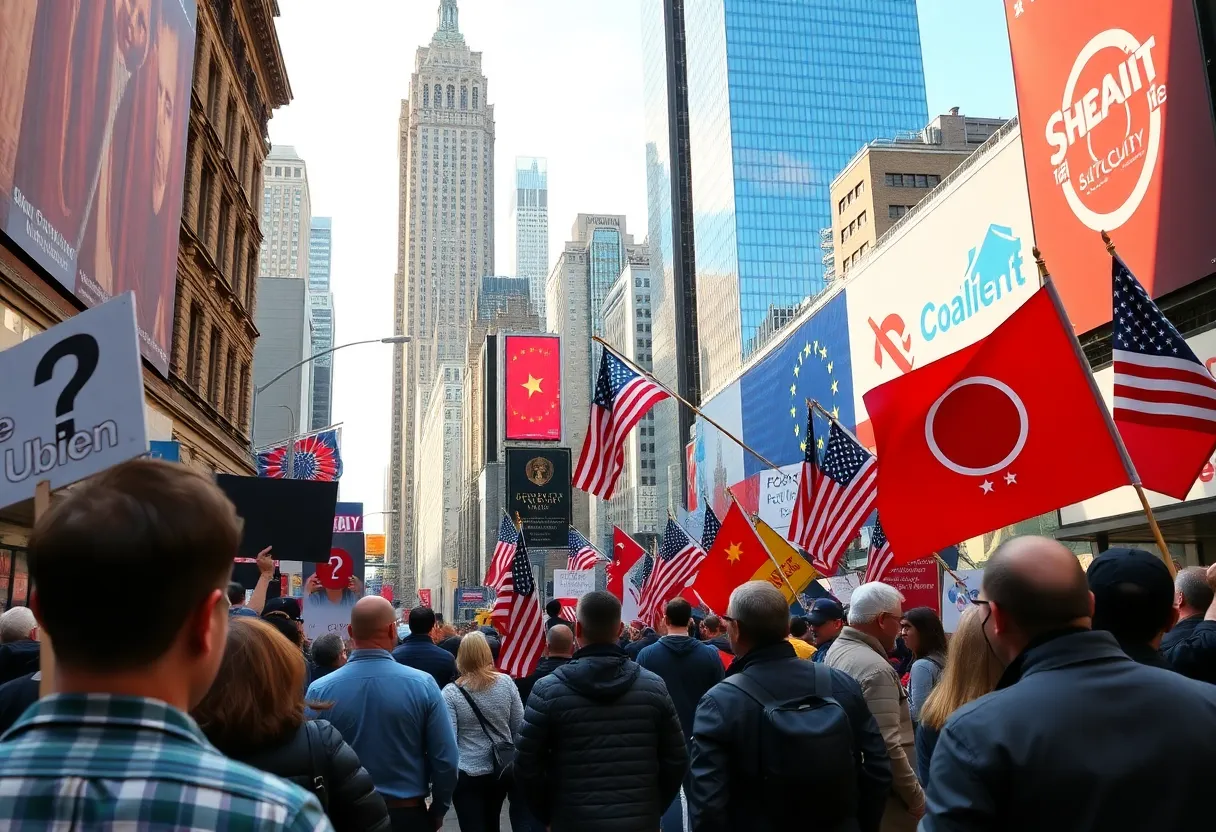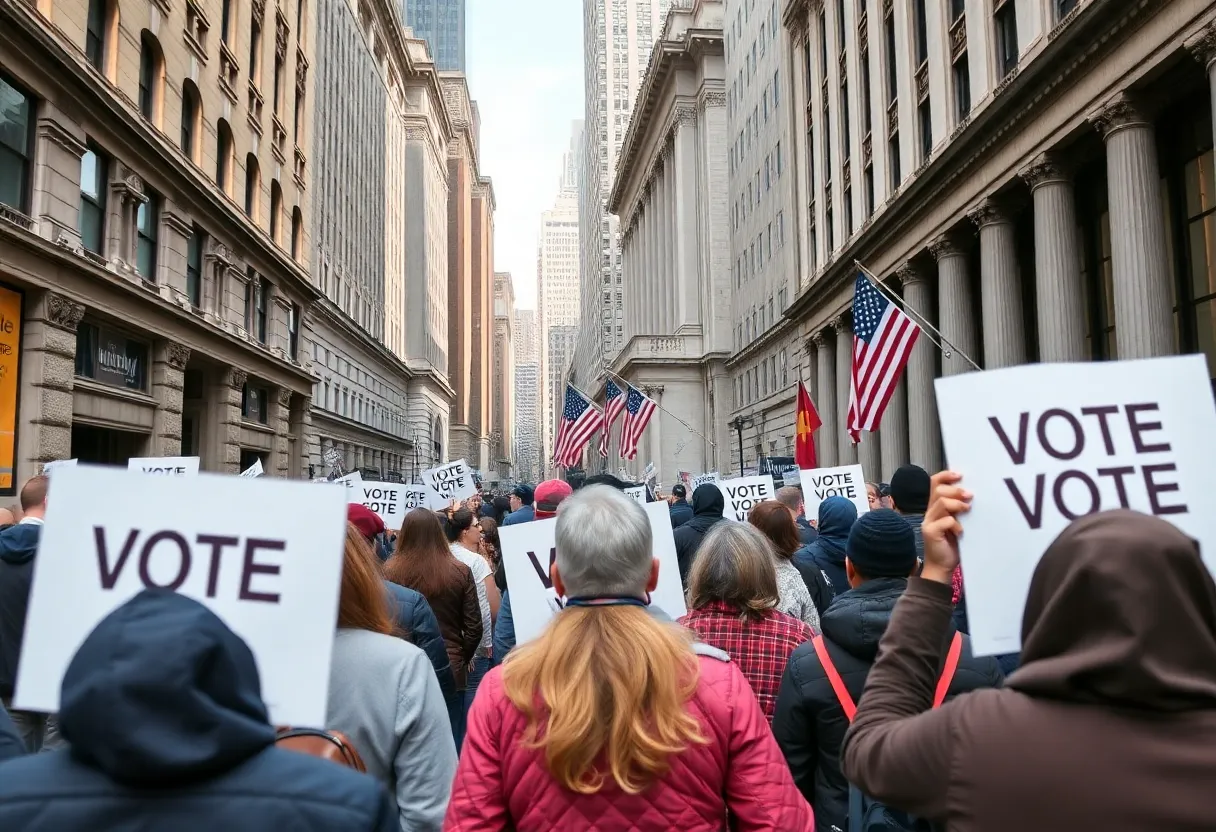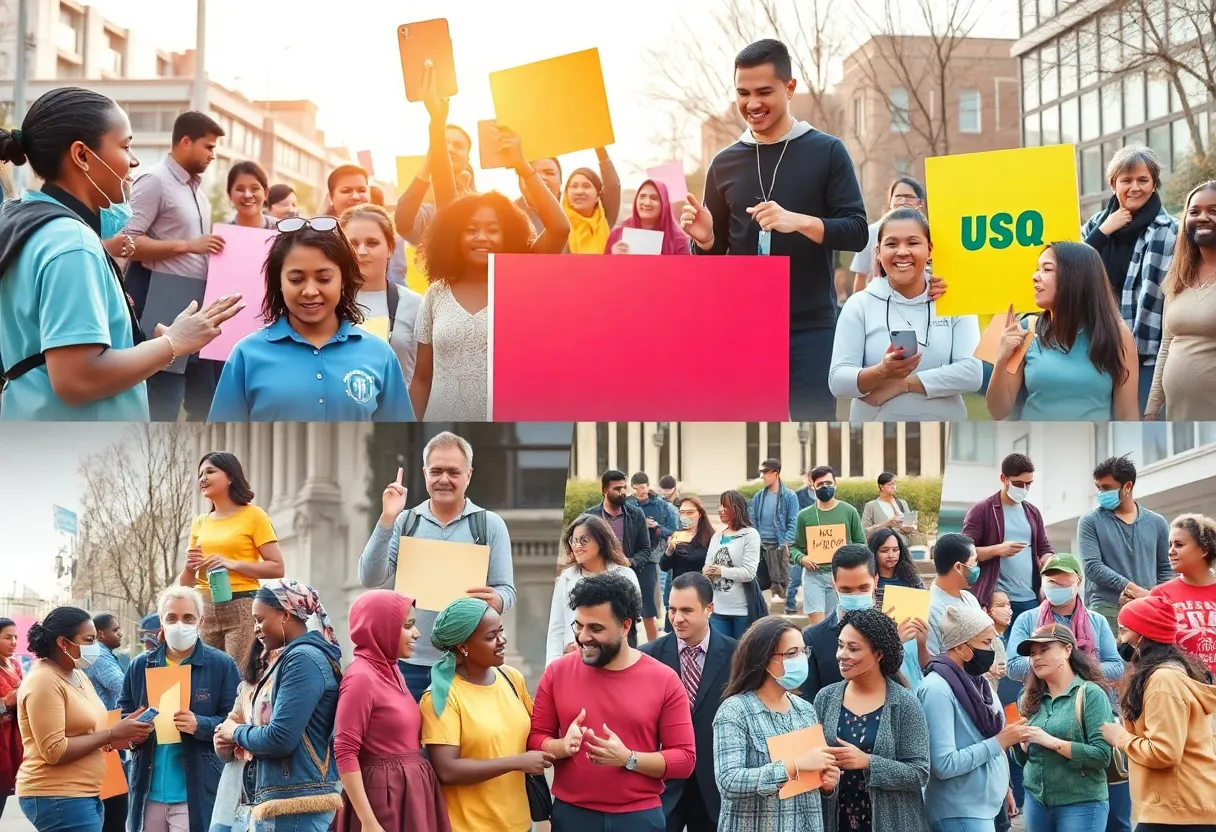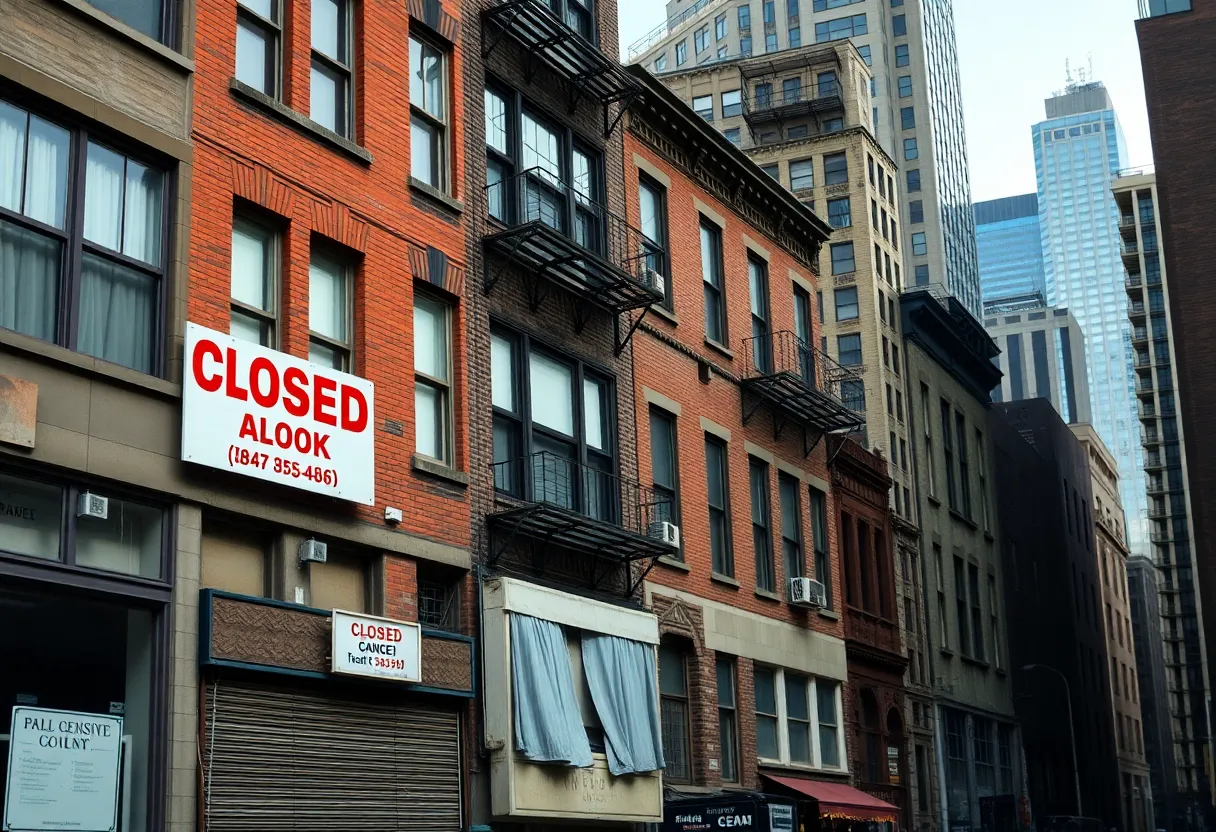News Summary
New York City state assemblyman Zohran Mamdani has become a key figure in the mayoral race, focusing on affordable living as he proposes rent freezes, free public transportation, and city-funded grocery stores. His campaign is gaining traction with endorsements from labor unions, while facing criticism from business leaders who express concerns over the economic viability of his proposals. As the political landscape evolves, Mamdani’s ambitious vision for the city is capturing voters’ attention amid debates about its practicality.
New York City is witnessing a surge in political activity as 33-year-old state assemblyman Zohran Mamdani emerges as a significant contender in the ongoing mayoral race, particularly following Andrew Cuomo’s recent concession. Mamdani’s campaign centers on addressing the city’s steep living costs, which have become a key concern for voters in one of the world’s most expensive urban centers.
Mamdani has gained traction by proposing an array of initiatives aimed at improving affordability for residents. These proposals include implementing rent freezes for households in rent-stabilized units, providing free public buses, and establishing city-run subsidized grocery stores to ensure access to affordable food options. His focus on economic justice and support for working-class constituents has garnered endorsements, notably from the United Auto Workers union, which represents approximately 20,000 members in the city.
As the political landscape shifts, Andrew Cuomo has left the option open for a potential independent run in the November election, similar to the current mayor, Eric Adams. While Mamdani is gaining popularity and positioning himself as a front-runner, his proposals have sparked a mix of enthusiasm and skepticism among various stakeholders. Some labor groups and businesses have endorsed his initiatives, while critics express concerns about potential negative economic implications.
Former Treasury Secretary Larry Summers has raised alarms regarding Mamdani’s economic policies, labeling them as “Trotskyite” and emphasizing the importance of reassuring voters about their viability within a market economy. The Partnership for New York City, an influential group representing nearly 300 CEOs, has described many of Mamdani’s proposals as unrealistic, warning that they might have adverse effects on the city’s residents.
Critics, including Kathryn Wylde, CEO of the Partnership for New York City, argue that blanket rent freezes could lead to heightened costs for tenants as businesses adjust to mitigate losses. Kenny Burgos, president of the New York Apartment Association, has echoed concerns that such measures may deteriorate housing quality and hinder landlords’ capacity to maintain their properties.
Mamdani’s vision includes the ambitious goal of constructing 200,000 new affordable housing units, funded by city resources. Additionally, he advocates for stronger collective bargaining rights and a substantial increase in the minimum wage to $30 an hour by 2030. However, opposition voices highlight that such wage hikes could compel businesses to either automate jobs or increase their product prices.
One of Mamdani’s most eye-catching proposals involves launching city-run subsidized grocery stores that would operate without the burden of paying rent or property taxes. This initiative aims to tackle food access issues significantly, especially within lower-income neighborhoods. The business community, however, has reacted strongly, with billionaire John Catsimatidis, owner of Red Apple Group, threatening to close 30 grocery stores across the city if Mamdani secures the mayoral position, stating an intention to avoid engaging with socialist policies.
Mamdani’s campaign also extends to the food vendor community, particularly addressing concerns over food pricing for street vendors known for offering popular halal cuisine, coining the term “halal-flation” to describe the rising costs associated with this sector. He fully supports the Street Vendor Reform Package, which seeks to improve the conditions and licensing availability for food vendors, reflecting his outreach and engagement with marginalized community members.
In reaching out to street vendors, Mamdani has inspired many by actively engaging with their challenges and aspirations. His strategy includes addressing the concerns of critics, asserting that landlords would benefit more under the previous administration of Andrew Cuomo than under his proposed policies.
As the campaign unfolds, voters in New York City will continue to weigh Mamdani’s ambitious proposals against the potential risks projected by opposition groups, ultimately shaping the direction of the upcoming mayoral primary and subsequent election.
Deeper Dive: News & Info About This Topic
HERE Resources
Surprising Shift in NYC Mayoral Primary: Mamdani vs. Cuomo
New York City Holds Crucial Primary Election for Mayor
New York City Mayoral Primary Approaches
Cuomo Faces Off Against Mamdani in NYC Mayoral Primary
Mamdani Takes Narrow Lead Over Cuomo in NYC Mayoral Race
Rising Tensions in NYC as Socialist Candidate Gains Ground
Mamdani Narrows Gap Against Cuomo in NYC Mayoral Race
New York City Mayor Adams Shifts to Independent Candidacy
New York City Democratic Primary Heats Up as June Approaches
Cuomo Leads as NYC Mayoral Race Heats Up
Additional Resources
- Business Insider: Stock Market Crash and Trade War
- Google Search: New York City political activity 2025
- The New York Times: Tariffs and Stock Market Update
- Encyclopedia Britannica: Politics in New York City
- Investopedia: The Best AI Stocks
- Google News: Andrew Cuomo 2025
- U.S. News: Best Cheap Stocks to Buy Under $20
- Reuters: Global Markets Wrap-Up








